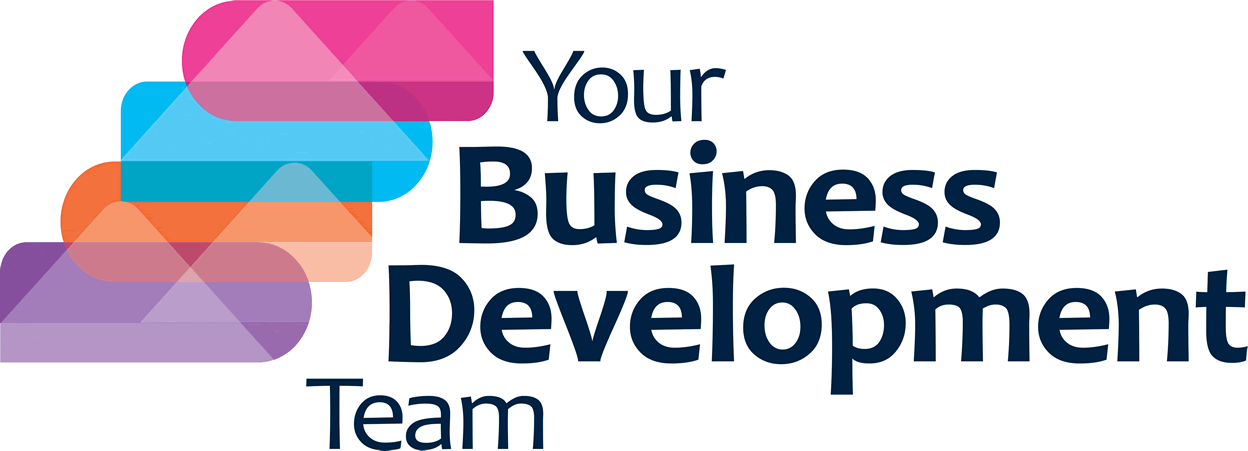Einstein famously defined madness as ‘doing the same things over and over again and expecting different results’. Lead generation activities always make me think about this because you are doing the same activities every month but surprisingly, you start to get better results the longer you do it.
Still, Einstein makes a very valid point, as you need to make sure that you are measuring and testing throughout thus evolving and improving your activities. One very important thing to do is to identify if you are targeting consumers or businesses. Here is a summary of the main differences in approach between B2B and B2C lead generation.
What is the same?
- Understanding your target markets: Regardless of your product you need to start any marketing activity by considering your target markets in detail. Notice that I am talking about a multitude here, the more specific the better the engagement.
- Choosing the right channels: Don’t forget that content is king, but distribution is queen and she wears the pants… I often talk about the ever-growing choice of tactics out there. Don’t get confused, use it to your advantage.
- Creating engaging communications: Regardless of your industry, find the questions your clients are asking or the pain they are feeling and provide them with an answer.
What’s different?
Target market size: B2C lead generation initiatives often cater to a broad audience. Unlike in B2B where the decision rests with top management, everyone is a customer with purchasing power in B2C.
Sales cycle: The amount of time and resources dedicated to a purchase are often larger in the B2B world. This makes the sales cycle longer, which can take months or even years to complete. B2C sales cycles and transactions tend to be much shorter and usually involve far less money.
Product knowledge: B2B customers are usually more knowledgeable because they tend to do a lot more research before making a purchase than B2C customers. This means that they typically require more valuable content including free case studies, infographics, and white papers to nudge them along the sales funnel.
On the other hand, marketers often tap into B2C customers during their “buying phase.” Lead generation content for B2C often come in the forms of promotions, unique offers, and personal messaging.
Pitch: Since B2B’s primary currency is trust, products or services are sold through professional (and sometimes personal) relationships that are built over time. B2B clients often make purchases from people they know personally or from individuals with which they’ve built a professional relationship.
On the other hand, B2C products and services make sales through price perception and quality. Customers rarely know individual representatives within a company before making a purchase decision.
To illustrate the case further, here is a list of popular strategies:
B2B strategies:
- E-mail marketing
- Seminars and workshops
- Developing contacts through LinkedIn
- Content marketing – blogs, articles, white papers, guides, Q&A
- Telemarketing
B2C strategies:
- Social Media
- Lead magnets, Landing pages and newsletters
- Memberships and clubs
- Content marketing – quizzes, promotions, special offers
- Adwords and Social Media advertising (PPC)
I hope you find my interpretation useful and if so I would be grateful if you would share this with your contacts.
If you would like to consider any of these ideas further and want some help doing so you could consider our sales and marketing plan or get in touch to discuss.

